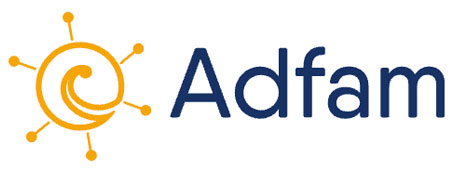In January the Government released its annual adult substance misuse treatment statistics for 2021 – 2022. The figures mostly showed little change from the previous year and responses from Local Government, NHS providers and charities struggled to find anything new to say. They broadly welcomed an increase in the number of people seeking treatment for alcohol, and generally highlighted the many continuing challenges faced by the sector. It was not headline grabbing stuff.
Yet there is a line in the report that really should have caught everyone’s attention, It relates to the nearly 50,000 children whose parents (or other adults living with them) had entered substance misuse treatment in 2021/22. It simply says, “Sixty-five per cent of children of people starting treatment were receiving no early help.”
It’s worth reading that line again because it is a startling figure. Put another way; over 32,000 children were receiving no structured support despite the fact that they had a parent with a problem so serious that it led them into clinical substance misuse treatment.
The impact of parental substance misuse is well known. Decades of research by Adfam and others have demonstrated the range of difficulties that young people face when a parent misuses drugs or alcohol.
In a recent review by the Early Intervention Foundation (EIF) the negative impact on children is extensively evidenced (‘What works to improve the lives of England’s most vulnerable children’. May 2022). EIF found harms arose even where the parental drug or alcohol use was below the threshold for dependent use. These included heightened …”risk of internalising and externalising behavioural problems in childhood and substance use problems in adolescence and adulthood.” The report further points out that parental substance misuse is …”a key risk for child maltreatment…” and …”is consistently implicated in over one-third of serious case reviews.”
We know people rarely seek or receive structured substance misuse support at an early stage. By the time they enter a clinical drug or alcohol setting they have often been using problematically for many years.
So why are so many children missing out on basic early help? We know this is help that can make a real difference, including identifying where there are more serious risks. It is help which the same Government report asserts is provided to children and their families “as soon as problems emerge”. That is exactly what is needed. Sadly for most children with a parent entering drug or alcohol treatment, it’s just not happening.
This piece was written by Philip Breslin, on behalf of Adfam.
